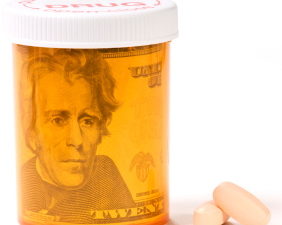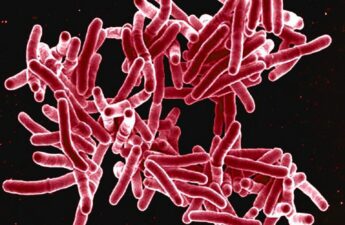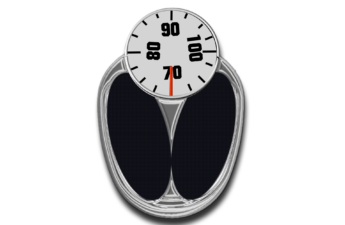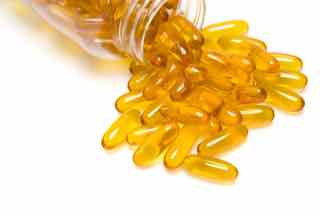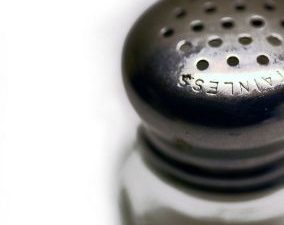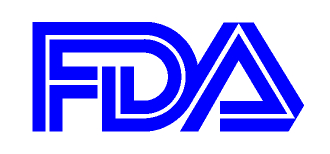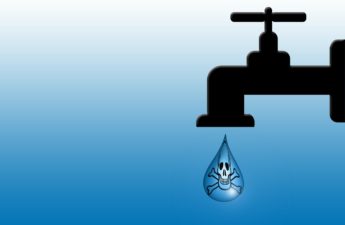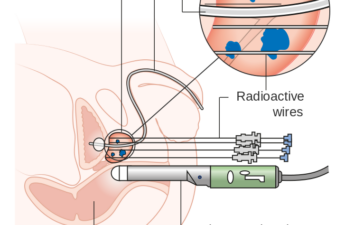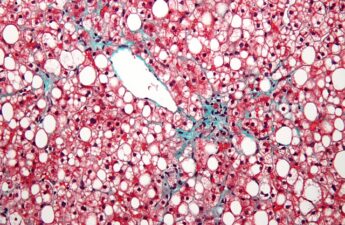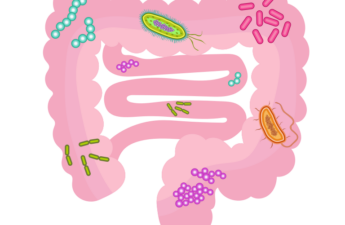Author: LocalHealthGuideEditor
Governments can erase your medical debt for pennies on the dollar — and some are
Medical debt is the leading cause of bankruptcies in the United States, and more than 2 in 5 American adults have some. Some states and cities will use federal money to forgive millions of dollars of their residents’ medical debt.
Tuberculosis cases rise, but public health agencies say they lack the resources to keep up
People think tuberculosis is gone. … It’s here and growing.
How much weight do you actually need to lose? It might be a lot less than you think
Losing just 5–10% of our body weight – between 6 (~13 lb.)and 12kg (~26 lb.) for someone weighing 120kg (~264 lb.) – can significantly improve our health in four key ways.
Dietary supplements and protein powders fall under a ‘wild west’ of unregulated products that necessitate caveats and caution
Under a 1994 law, dietary supplements are classified as food, not as drugs. This means dietary supplements are not required to prove efficacy, unlike drugs. Regulators also don’t take action on a product until it is shown to cause harm.
Telehealth makes timely abortions possible for many, research shows
Access to telehealth abortion care can determine whether a person can obtain an abortion in the United States. For young people and those living on low incomes, telehealth makes a critical difference in getting timely abortion care.
This salt alternative could help reduce blood pressure. So why are so few people using it?
It’s hard for people to change the way they cook, season their food differently, pick low-salt foods off the supermarket shelves and accept a less salty taste.
Now there is a simple and effective solution: potassium-enriched salt. It can be used just like regular salt and most people don’t notice any important difference in taste.
What the FDA Does Approve and What It Doesn’t
Is It Really “FDA Approved”? Maybe you’ve seen these words on a company’s website or in a commercial promoting a product or treatment. Here are some facts about products that are, and aren’t, FDA approved.
Italian-style charcuterie meats linked to Salmonella infections in Washington
State health-officials advise people not to eat Fratelli Beretta Antipasto Gran Beretta purchased from Costco
The Cost of Freeing Drinking Water from ‘Forever Chemicals’
In proposing the limits, EPA officials said that they had leveraged the latest science to protect the public from PFAS pollution. Environmental groups welcomed the move as long overdue. But the standard has drawn widespread criticism from the water utility industry and some scientists who say that in many places, small drops in PFAS water levels will matter little for exposure or health.
Radiation therapy takes advantage of cancer’s poor DNA repair abilities – an oncologist and physicist explain how
Nearly half of all cancer patients undergo radiation therapy as part of their care. Ionizing radiation, or the emission of high-energy waves or particles, works as a therapy by damaging a cancer cell’s DNA. It’s an effective tool for killing cancer cells because they are generally much less adept at DNA repair compared to healthy cells. Damaging specific parts of DNA prevents cancer cells from reproducing, effectively killing them.
‘Shell game’: When private equity comes to town, hospitals can see cutbacks, closures
But state laws can change the trajectory of the story.
What happens to your liver when you quit alcohol
Most people who regularly drink more than the recommended limit of 14 units of alcohol per week (about six pints of normal strength beer [4% ABV] or about six average [175ml] glasses of wine [14% ABV]) will have a fatty liver. Long-term and heavy alcohol use increases the risk of developing scarring and cirrhosis.
Is economic growth good for our health?
Given how wealth contributes to health on the personal, individual level, the case for economic growth might seem intuitive. However the picture gets murkier when looking at income per capita, where people both rich and poor depend upon a fluctuating economy.
Reduce Radon for a Safer Home –
Radon is a naturally occurring radioactive gas. We can’t see it, taste it, or smell it, but it is the leading cause of lung cancer among nonsmokers in the United States. Radon is responsible for about 21,000 deaths in the United States each year.
Your body already has a built-in weight loss system that works like Wegovy, Ozempic and Mounjaro – food and your gut microbiome
Specialized bacteria in your lower gut take the components of food you can’t digest like fiber and polyphenols – the elements of plants that are removed in many processed foods – and transforms them into molecules that stimulate hormones to control your appetite and metabolism.
